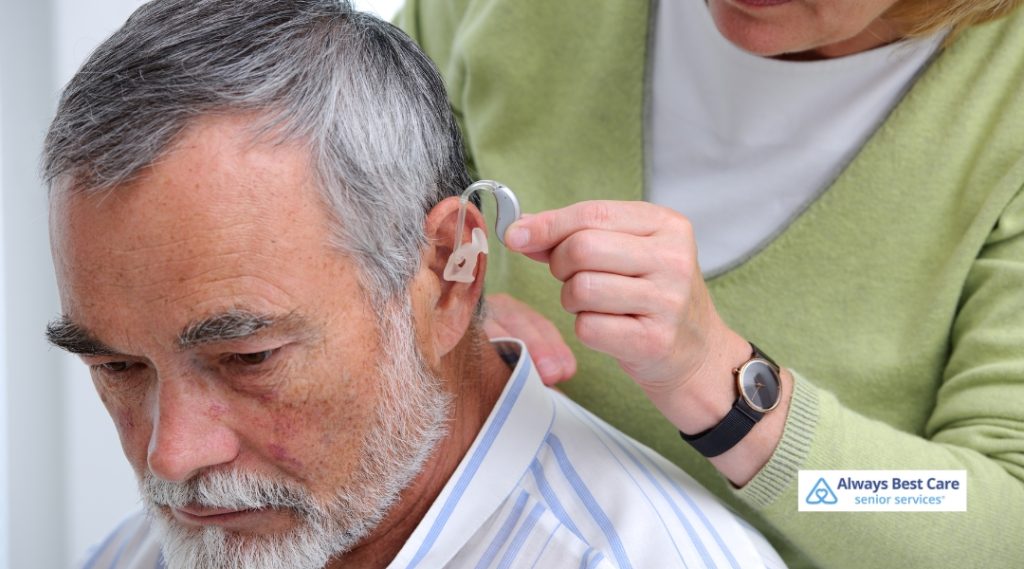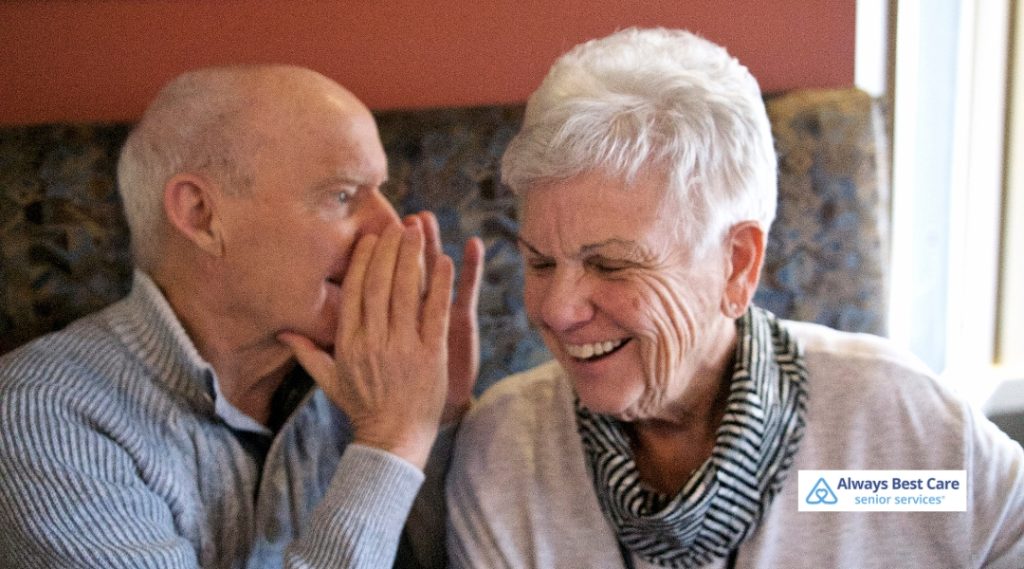The Right Way to Talk About Hearing Trouble at Home

Bringing up hearing loss with someone you care about can feel as awkward as wearing two left shoes.
Nobody wants to sound pushy or make a loved one feel old or incapable.
Still, ignoring the signs isn’t doing anyone any favors.
The truth?
Addressing hearing challenges early could mean the difference between isolation and a vibrant social life.
What you will learn:
- How to recognize the signs of hearing loss in your loved one.
- How to approach the topic of hearing loss with sensitivity and care.
- How to reduce stigma and encourage the use of hearing aids.
- Practical steps for supporting your loved one in taking action.
Table of Contents
Recognizing the Signs of Hearing Loss
Before we break out those heart-to-hearts, let’s spot what’s happening under our noses:
- Repeatedly asking people to speak up or say things again.
- Cranking up the TV volume higher than ever before.
- Seeming out of place in group chats, or ducking them altogether.
- Complaints that everyone else mumbles.
- Reacting oddly because they misheard you.
If a few boxes are checked here, it may be time for a chat, not an ambush, with your loved one about their hearing health.

Approaching Hearing Loss with Sensitivity
Timing is everything. Honestly, nothing ruins Sunday dinner like bringing up sensitive subjects between bites of mashed potatoes.
Instead:
- Pick a relaxed moment when distractions are at bay.
- Lead with empathy and concern rather than frustration.
- Try “I” statements (trust us, they work wonders):
- “I’ve noticed conversations seem tougher for you lately.”
- “I worry you’re missing out on family jokes when it gets noisy.”
Show that you’re on their team! Focus on how addressing this hurdle can keep them connected and independent, not stuck in silence.
Chipping Away at Stigma & Fear
It’s no secret; nobody jumps for joy at the idea of wearing hearing aids, or being seen as “getting older.” But hey, needing glasses doesn’t faze anyone these days! Let them know:
- “Hearing loss isn’t weakness, it’s just another health hiccup.”
- “Today’s devices are barely noticeable, and life-changing!”
Normalize these changes by comparing them to other everyday needs (like reading glasses). Highlight how getting help means staying sharp and active.

Encouraging Action, Gently!
Ready for the next steps? Offer support without nagging:
- Suggest scheduling a check-up with their doctor or audiologist.
- Offer the company during appointments if they’re nervous.
- If met with hesitation? Back off, no pressure cookers needed! Give it some time before circling back gently.
Remind them: Tackling hearing loss doesn’t mean giving something up; it means regaining what was slipping away unnoticed.
How We Support Hearing Health at Always Best Care of Greater Milwaukee
At Always Best Care of Greater Milwaukee, we understand that every wrinkle in aging comes packed with unique challenges, including those whispered moments missed due to hearing loss.
Here’s what we bring to the table:
- Skilled caregivers trained in supporting clients dealing with diminished hearing.
- Ensuring important information is heard loud and clear (without shouting).
- Help keep medical appointments straight, and get there safely!
- Cheering on the use of prescribed devices so that daily life feels less overwhelming.
We’re committed to helping families reconnect through better communication, all while protecting each client’s dignity and comfort.

Helping Your Loved One Stay Connected
Left unchecked, untreated hearing loss breeds loneliness faster than weeds in springtime, a real threat to emotional wellness as we age. By opening lines of honest dialogue peppered with patience (and maybe even humor), families strengthen bonds instead of watching connections fade into static background noise.
Feeling unsure where things stand or need hands-on help caring for someone facing new struggles? Reach out anytime, we’d love nothing more than helping your loved ones stay engaged and safe right here at home!
Frequently Asked Questions
Q: How do I know if my parent has significant hearing loss?
A: Watch for classic signs: repeated requests for repetition; excessive TV volume; withdrawal from conversations; or complaints about others mumbling.
Q: What if my parent refuses help?
A: Give space, they may need time to process fears around independence or stigma. Revisit later without pressure, but keep sharing encouragement.
Q: Are modern hearing aids really discreet?
A: Absolutely! Today, they’re practically invisible compared to clunky models from years past, and performance is vastly improved, too!
Q: Can caregivers help manage new devices like hearing aids?
A: Yes indeed! Our team helps ensure instructions aren’t missed, plus provides ongoing reminders so new routines become second nature.

Start the Conversation Today to Keep Your Loved One Connected!
Talking about hearing loss can be challenging, but with the right approach, it can help your loved one stay connected and engaged in life. At Always Best Care of Greater Milwaukee, we’re here to guide you through these important conversations with empathy and understanding.
Contact Always Best Care of Greater Milwaukee at (262) 439-8616 to learn more and schedule your free consultation.





